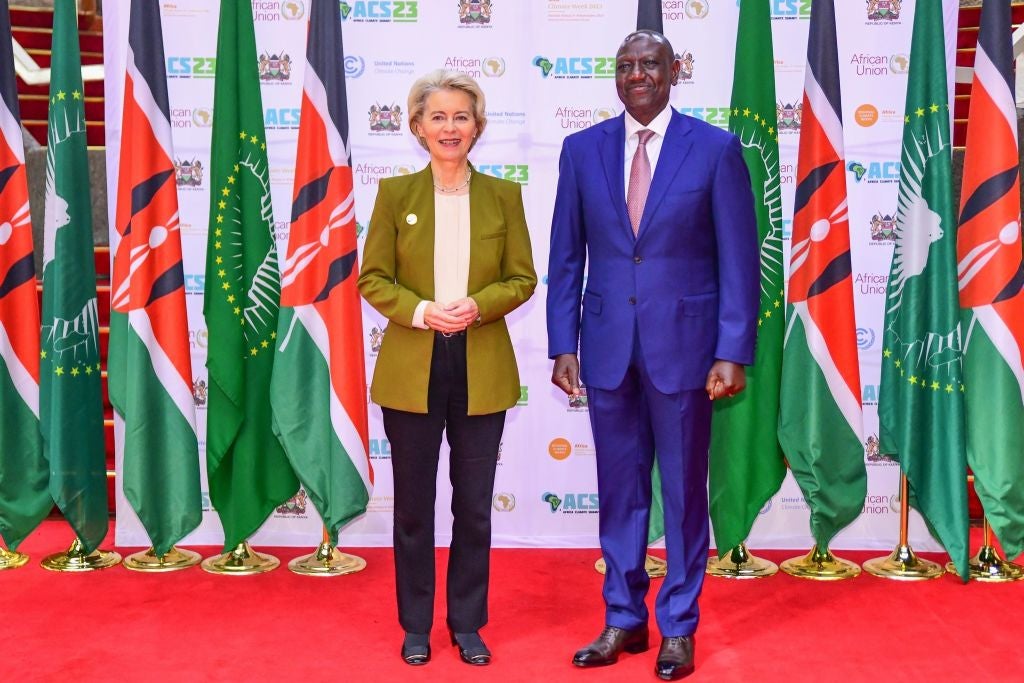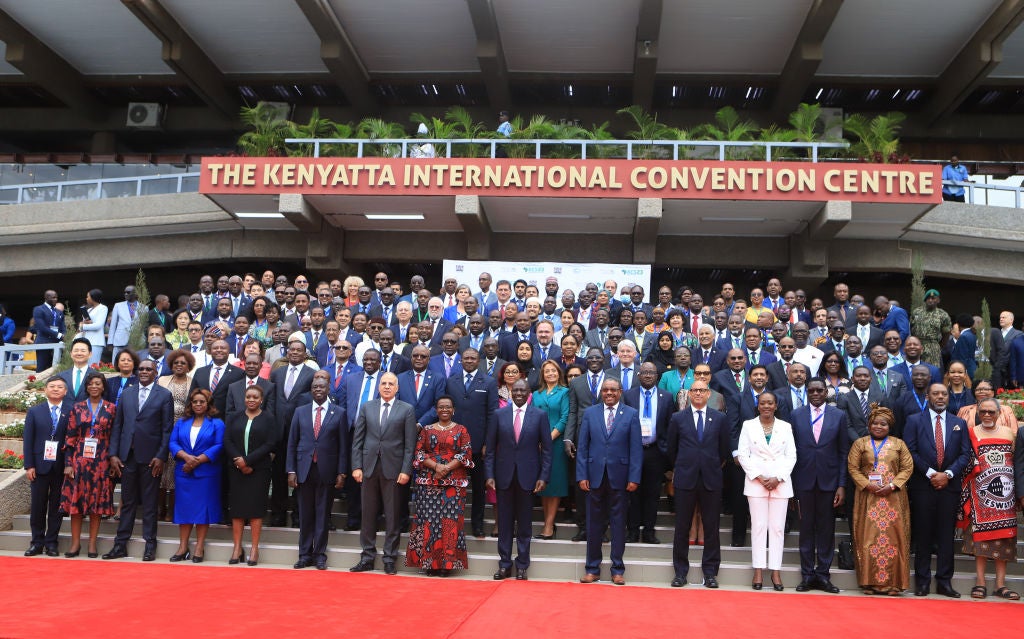Fossil-fuel subsidies rose to a record $7trn last year as governments bolstered consumers and businesses during the energy crisis, according to research for the International Monetary Fund (IMF).
Global subsidies for coal, oil and natural gas are now costing the equivalent of 7.1% of global gross domestic product (GDP) – more than the 4.3% spent annually on education and nearing the 10.9% spent on healthcare.
In the wake of the Covid pandemic and Ukraine war, these subsidies surged by $2trn over the past two years as explicit subsidies – undercharging for supply costs – more than doubled to $1.3trn, a new IMF paper covering 170 countries’ explicit and implicit subsidies has found.
Burning fossil fuels results in huge environmental costs, primarily through local air pollution and damage from global warming. Most fossil fuel subsidies are implicit, with environmental costs not reflected in their prices, particularly for coal and diesel. The IMF study found that consumers did not pay for more than $5trn of environmental costs in 2022.
Scrapping explicit subsidies and imposing corrective taxes would increase fuel prices, leading companies and households to consider environmental costs when making consumption and investment decisions, states the IMF. The UN’s financial agency estimates that removing explicit and implicit fossil fuel subsidies would prevent 1.6 million premature deaths annually, boost government revenues by $4.4trn, and put emissions reductions on track to reaching global warming targets.
However, removing these subsidies can be challenging, it warns. Governments must implement these policy reforms in a manner that underscores the benefits, and some of the revenues must be used to compensate poorer households for higher energy prices. The remaining income could then be used to reduce taxes on work and investment, or fund public services such as education, healthcare and clean energy.














